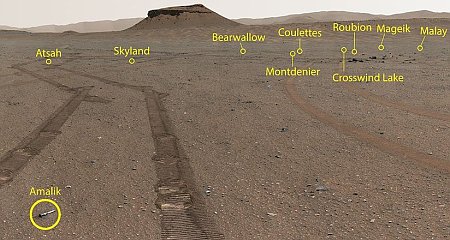Japan to spend $6.6 billion over ten years to develop its space industry
The Japanese government has created a new $6.6 billion fund that it will provide to its space agency JAXA, spread out over the next ten years, to help develop the country’s commercial space industry.
The very short article at the link provides little additional information. For example, will JAXA be required to act merely as a customer, buying services from competing private companies, or will it be allowed to use this money to create its own projects that it designs, builds, and owns?
The difference is fundamental. Presently JAXA functions like NASA had for decades, partnering with only a handful of big space companies (Mitsubishi for example) to build its own government rockets and spaceships. The results have been comparable to NASA prior to 2010: Little gets built and whatever is built is overbudget and far behind schedule.
Since NASA accepted the idea of capitalism in space, where it no longer builds or owns much but relies on private enterprise to get it done, things have moved fast. Similarly, India and China have followed suit, and both are getting similar good results.
The unanswered question from this story is whether Japan has finally taken the leap to do it as well. Making this transition can be politically difficult, because the space agencies and big space contractors fight to protect their turf. It is not clear if the Japanese government is willing to fight that battle.
If it doesn’t, however, Japan will continue to be a backwater in space, like Russia,as the rest of the world’s space-faring nations increasingly turn to private enterprise, competition, and (most of all) freedom to get results.
The Japanese government has created a new $6.6 billion fund that it will provide to its space agency JAXA, spread out over the next ten years, to help develop the country’s commercial space industry.
The very short article at the link provides little additional information. For example, will JAXA be required to act merely as a customer, buying services from competing private companies, or will it be allowed to use this money to create its own projects that it designs, builds, and owns?
The difference is fundamental. Presently JAXA functions like NASA had for decades, partnering with only a handful of big space companies (Mitsubishi for example) to build its own government rockets and spaceships. The results have been comparable to NASA prior to 2010: Little gets built and whatever is built is overbudget and far behind schedule.
Since NASA accepted the idea of capitalism in space, where it no longer builds or owns much but relies on private enterprise to get it done, things have moved fast. Similarly, India and China have followed suit, and both are getting similar good results.
The unanswered question from this story is whether Japan has finally taken the leap to do it as well. Making this transition can be politically difficult, because the space agencies and big space contractors fight to protect their turf. It is not clear if the Japanese government is willing to fight that battle.
If it doesn’t, however, Japan will continue to be a backwater in space, like Russia,as the rest of the world’s space-faring nations increasingly turn to private enterprise, competition, and (most of all) freedom to get results.


